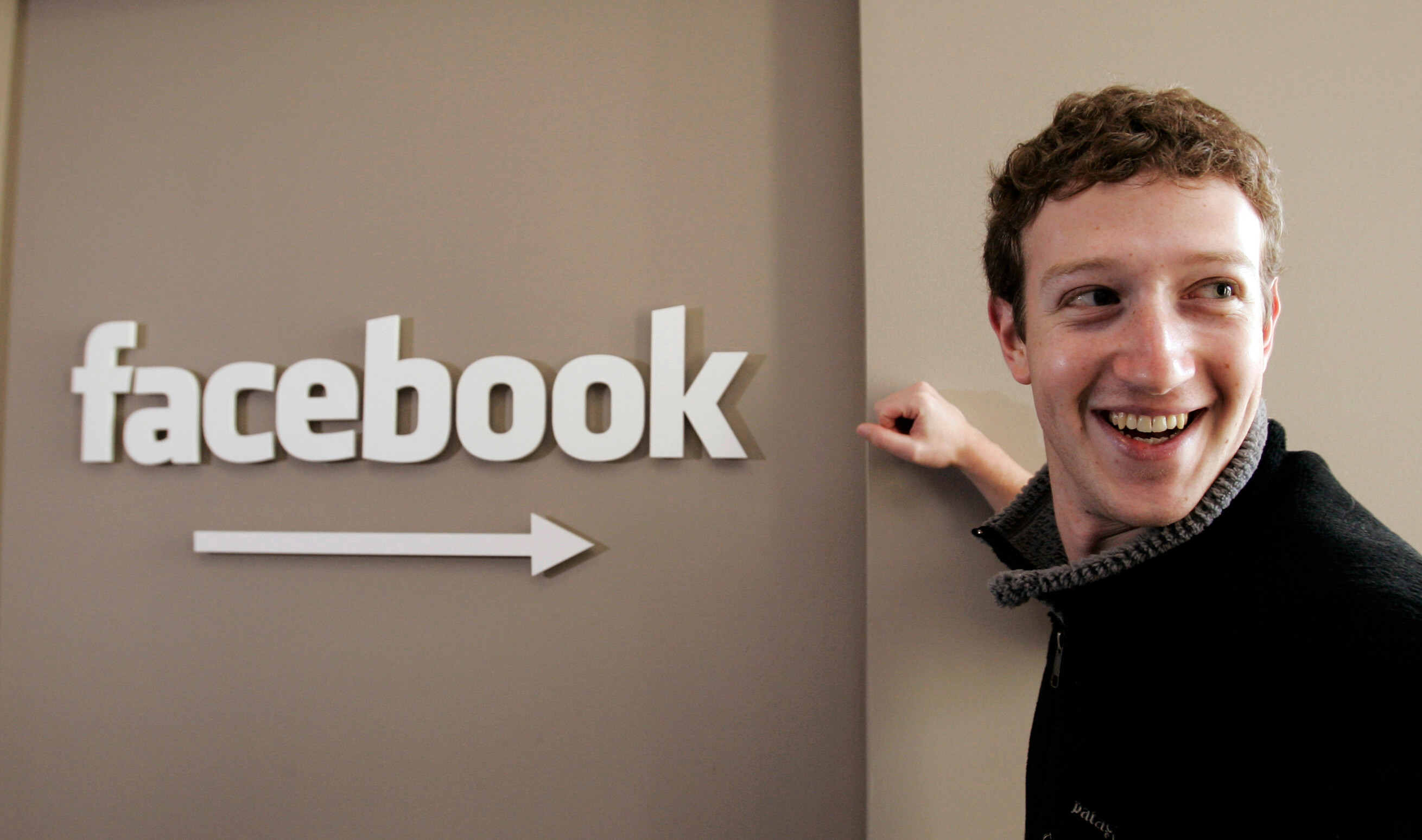What just happened? Four years have passed since Facebook was rocked by the biggest scandal in the company's history, Cambridge Analytica, but it's still dealing with the fallout. The social network's parent, Meta, has just agreed to settle a privacy lawsuit over the case, thereby ensuring CEO Mark Zuckerberg, current chief operating officer Javier Oliva, and former COO Sheryl Sandberg avoid hours of questioning from lawyers while under oath.
Facebook endured what was arguably (it's had plenty) the company's biggest PR disaster to date when news that now-defunct British political consulting firm Cambridge Analytica harvested the personal data of 90 million users for targeted political ads during the UK's Brexit referendum and 2016 US presidential campaign.
A whistleblower's revelations rocked Facebook in 2018, leading to Zuckerberg testifying before congress and a $5 billion fine levied on the company by the Federal Trade Commission in July 2019. Both Facebook and Cambridge Analytica claimed they did no wrong.

The incident also led to a class-action lawsuit filed in 2018 on behalf of Facebook users who allege the company violated consumer privacy laws by sharing private data with other firms. Zuckerberg and the other executives were due to give their depositions from September 20, but that won't be happening after Meta decided to settle.
No financial terms or other details of the in-principle settlement were given in the court filing. However, it does ask the judge to place the lawsuit on hold for 60 days until lawyers for both plaintiffs and Meta finalize the written settlement agreement.
A different lawsuit filed last year claims Facebook overpaid the FTC by $4.9 billion as a way for Zuckerberg, Sandberg, and other executives to avoid being named in the complaint, exposed to personal liability, and sitting for depositions.
Zuckerberg is also facing a lawsuit from Washington DC's attorney general. Karl A. Racine sued the Meta boss back in May over allegations that Zuckerberg was personally involved in failures that led to the Cambridge Analytica incident and his "policies enabled a multi-year effort to mislead users about the extent of Facebook's wrongful conduct." The suit also claims the scandal resulted from Zuckerberg wanting to open Facebook up to third-party developers and that he was aware of the associated risks of data leaks.
